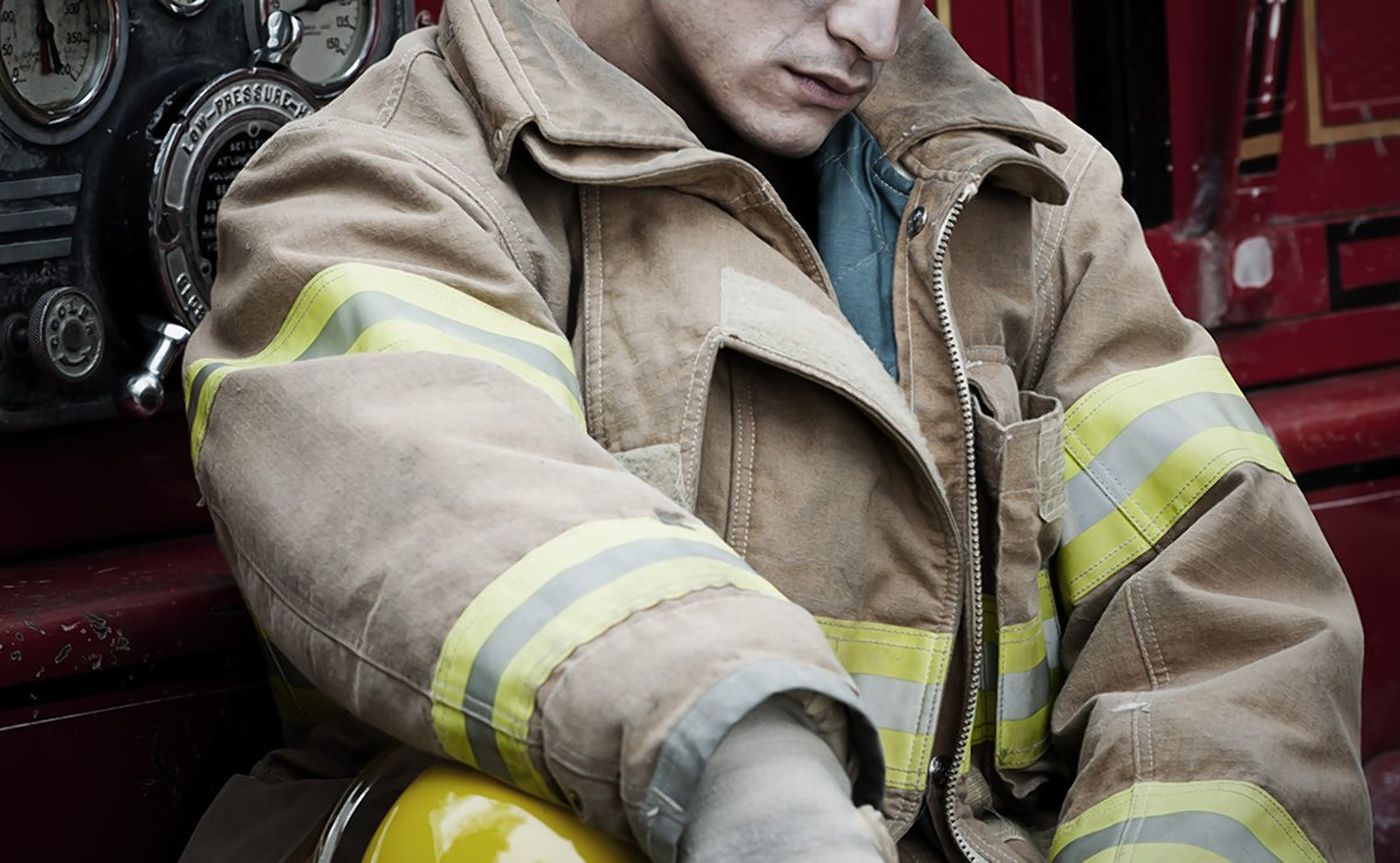Kerby Anderson
A recent research paper concluded that first responders are more likely to die by suicide than in the line of duty. The Ruderman White Paper on Mental Health and Suicide of First Responders is a chilling look at the sobering statistics of the lives of men and women who protect us each day.
The paper explains that, “Police and firefighters, when compared to the general civilian population, are at heightened risk for depression, post-traumatic stress disorder (PTSD), and suicide.” We should remember that people in these professions “have front row seats to the horrendous aftermath of natural disasters, terrorist attacks, violent domestic disputes, traffic accidents, and more.” In fact, one study concluded that police officers witness 188 “critical incidents” during their career. No wonder their rates of PTSD and depression are as much as five times higher than the rates within the general population.
Another reason for suicide is the reality that so many first responders have prior military experience. That means they are piling onto their career more “incidents” after already having a previous career rife with trauma. They may be strong, brave, and resilient, but they are only human.
Another concern is the unwillingness for men and women in these professions to seek help. Often they want to avoid the shame and stigma that might come when they ask for counseling. And these same barriers often prevent families from talking openly about the suicide of a loved one.
One obvious solution is to break the silence that surrounds this issue of first responder mental health. That is why I wrote this commentary. We need to support our first responders and ask them to get help so they can continue to keep us safe.
 Listen Online
Listen Online Watch Online
Watch Online Find a Station in Your Area
Find a Station in Your Area










 Listen Now
Listen Now Watch Online
Watch Online
